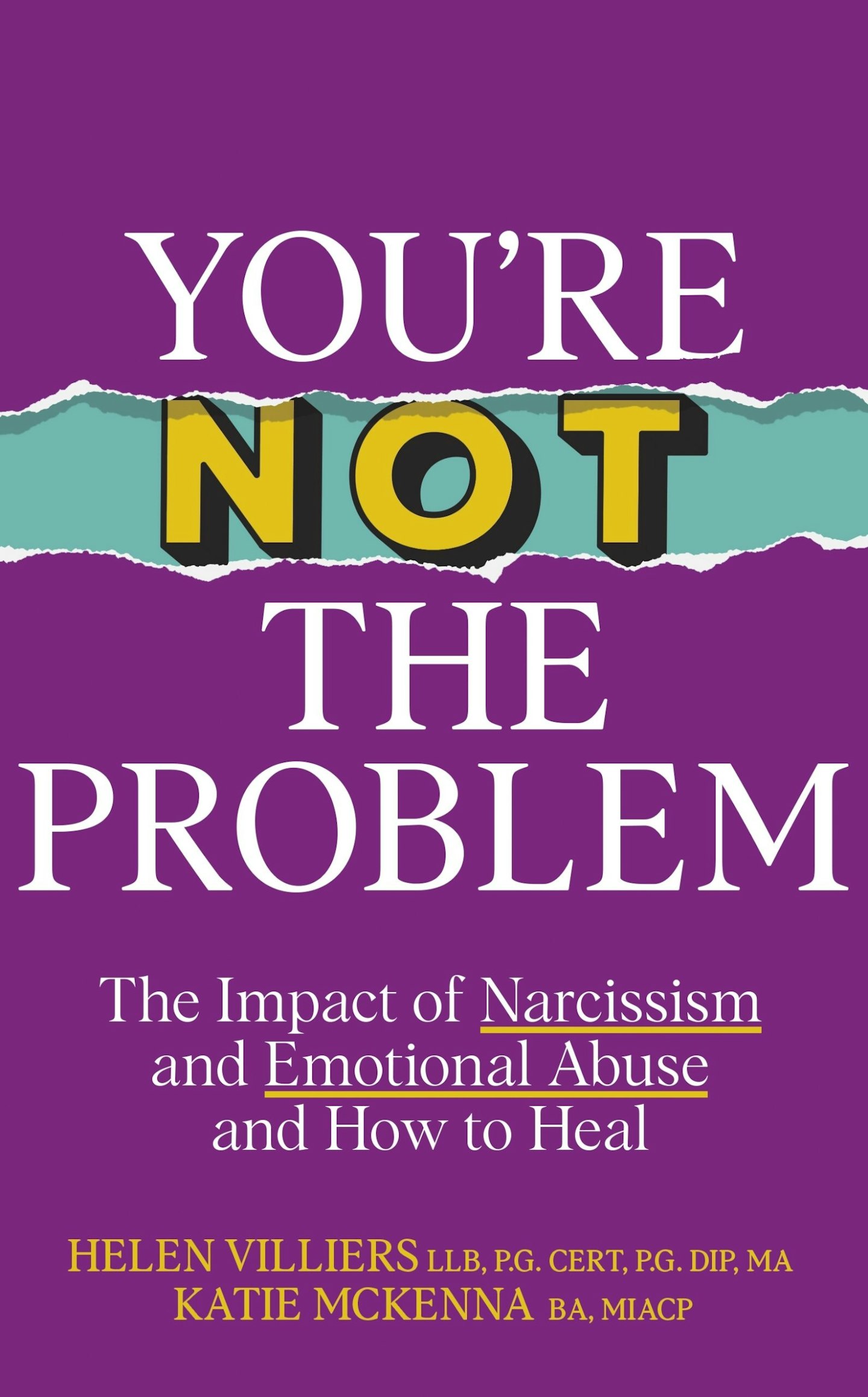Narcissistic parenting or emotionally abusive parenting is evident in many cultures, and we see it as an endemic across the world rooted in history, perhaps best summed up in the Victorian mantra “Children should be seen and not heard”. This is a worldwide conversation as many emotionally abusive behaviours from parent to child have become socially acceptable and are passed down from generation to generation. Because we often repeat things our parents do, this pattern is likely to be repeated in our own parenting. To end this chain of abuse we have to first become aware and educate ourselves on what is abusive.
Here are 5 signs of narcissistic parenting to look out for:
You think that you are better than everyone else
The narcissistic parent is the dominant one and believes they are superior in every way. They think their way of doing things is the “right way”, and the only way! And if anyone does it differently, they will belittle, devalue, criticise, mock and ridicule them.
“What are you doing are you stupid, that’s not how you do it”
“If a thing is worth doing is worth doing right!”
“Under my roof, you will obey my rules”
You live your life vicariously through your child
The narcissistic parent sees their child as an extension of themselves, viewing their child’s accomplishments, or failures, as reflections of their own worth. Driven by their own need for validation, control and admiration, the narcissistic parent will project their own dreams onto their child and can pressure their child to pursue activities or careers that they value or desire but hasn’t achieved themselves. The narcissistic parent will dismiss or belittle the child’s own dreams and aspirations if they don’t align with what the parent wants.
“Of course you’ll get married in the church. Don’t disappoint me by choosing something else!”
“You can’t pursue art. It’s not a real career. You’re going to study business and make a lot of money, just like I always wanted”
“I didn’t have the opportunity to play sports when I was your age, but you will. You’re going to be the star athlete I always wished I could be”
You take your child’s “no” as a personal rejection
A narcissistic parent seeks to maintain control over their children and will see their child’s no as person rejection of themselves. When a child asserts their independence or rejects their parent’s demands, it threatens the parent’s control, triggering feelings of insecurity and anger. They will shame their child if they refuse even the smallest of request, either erupting with rage or manipulating their child to feel responsible for their emotions. Although, there is no such thing as a ‘request’ from a narcissistic parent, there is only a demand disguised as a request. A request would mean that the child has their own autonomy and can say no with fear of punishment.
“How could you refuse to do this for me? After everything I’ve done for you this is how you repay me?”
“You’re just like your (mother/father). I can’t believe you would turn against me like this”
“you clearly don’t care about me, all you care about is yourself”
“Fine, don’t do it. But just remember, you’re disappointing me, not just yourself”
You act as if the world revolves around you
The narcissistic parent acts as if the world revolves around them, and therefore they believe they should be prioritised above everything else. They believe they are more important than their children, and that whatever they want, they should have, regardless of the cost and impact to their children.
This entitlement shows up as ownership, possession, authority over their children’s lives i.e. their child’s money, time, food, service, energy, company, emotional support or labour. There is nothing the narcissistic parent doesn’t feel entitled to!
“Of course you should have told me first, I’m your mother”
“Send your husband round after work, I have some jobs I need doing”
“I’ve got some names here to add to your guest list for the wedding. I know you don’t know them, but they’re my friends so they have to be invited”
You treat your child as if they’re your best friend
A narcissistic parent will rely on their children for emotional support and validation. They have no boundaries and treat the child like their best friend or mini-therapist, confiding in them about their struggles whether financial, emotional, or relationship-based. The child is taught that their “job” is to protect and support their parents however they can, often feeling as though their parent or siblings cannot survive without them. Narcissistic parents may use the guise of friendship to manipulate and control their children, exploiting their loyalty and affection to serve the parent’s own needs and desires.
“You’re my favourite person to talk to. I can always count on you to understand me better than anyone else”
“I don’t need anyone else when I have you. You’re the only one who truly gets me”
“You’re so mature for your age. You’re my little buddy, my mini-me”
When someone grows up in a narcissistic household these behaviours become normalised. The repetition of these relations patterns means the baton of trauma is passed from generation to generation until someone decides to change it.

You’re Not the Problem will show you how to recognise emotional abuse and narcissism in family relationships, the immediate and long term-impact, practical strategies for healing and how to avoid repeating these behaviours.
‘You’re Not the Problem'by Helen Villiers and Katie McKenna is out now in hardback, priced £16.99.
Helen Villiers and Katie McKenna, professional psychotherapists, authors, popular social media personalities and co-hosts of the weekly smash-hit podcast ‘In Sight - Exposing Narcissism’ (1 million downloads), have become the go-to experts on how to have healthier relationships and interactions by recognizing everyday toxic and narcissistic communication patterns or behaviors that become normalized, particularly within families.
